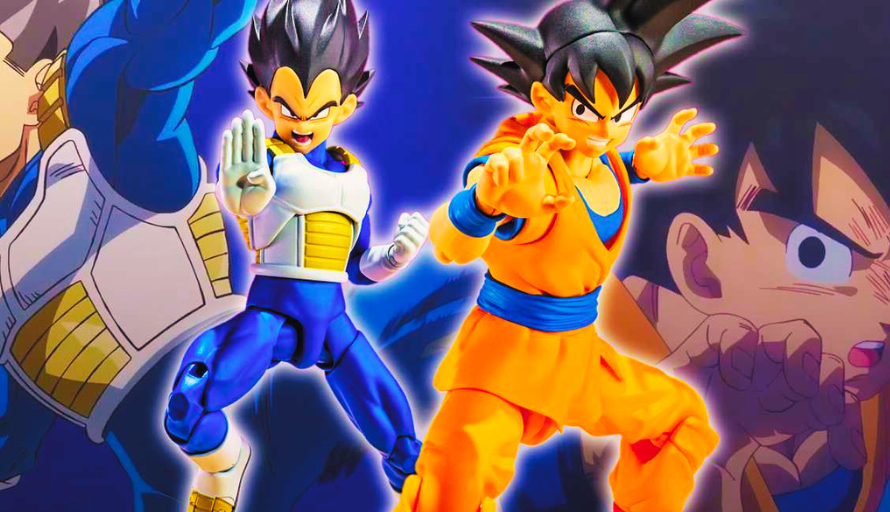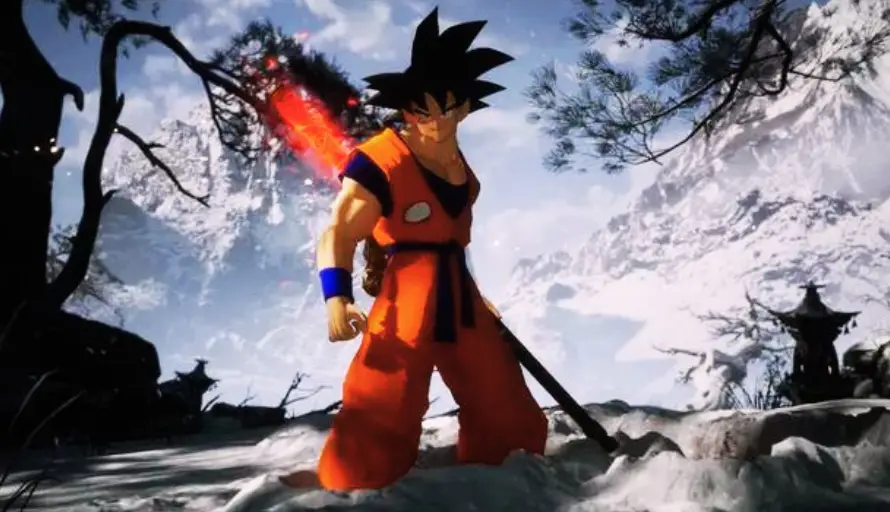Ubisoft recently faced intense criticism after canceling its Tokyo Game Show stream for Assassin’s Creed: Shadows. The game, set in Japan and starring a black samurai protagonist, Yasuke, has sparked controversy over its portrayal of Japanese history and culture. Japanese gamers raised concerns about the accuracy and the creative liberties Ubisoft took in developing the game.
A petition from Japanese gamers even calls for the game’s cancellation. With the release date only two months away and pre-orders falling below expectations, Ubisoft finds itself in a difficult position.
The Yasuke Controversy: A Missed Opportunity?
The central issue revolves around Ubisoft’s depiction of Yasuke, a black samurai who historically served Oda Nobunaga in the 16th century. Though Yasuke’s story is rooted in history, many gamers believe Ubisoft’s narrative lacks authenticity and respect for Japanese culture.
Additionally, the game’s author, a white creator, has been accused of cultural appropriation. In an era where representation is key, this misstep has hit hard. Japanese gamers feel frustrated that their culture is being depicted inaccurately and by someone outside of their heritage.
Poor Timing and Underwhelming Pre Orders
With Assassin’s Creed: Shadows nearing its release, Ubisoft is struggling to gain traction. Pre-orders have fallen short, signaling gamers’ lack of confidence in the product. Ubisoft’s choice to cancel its Tokyo Game Show stream adds to the perception that the company is trying to avoid more criticism.
This isn’t the first time Ubisoft has faced criticism for rushing games without proper attention to cultural accuracy, and Japanese gamers aren’t just upset about the content—they feel ignored in the process.
Historical Accuracy and Cultural Sensitivity Matter
This controversy highlights the importance of cultural sensitivity and historical accuracy in game development. When depicting cultures outside of your own, you need to ensure you approach them with care and respect.
Ubisoft’s failure to consult cultural experts and historical consultants has cost them dearly. Today’s global audience demands more, especially when dealing with real historical figures like Yasuke.
Financial Struggles and Missed Opportunities
Ubisoft’s financial issues make this controversy even more damaging. Canceling the Tokyo Game Show stream shows that the company wants to avoid further negative press, but this approach might not work in the long run.
By retreating from one of Japan’s biggest gaming events, Ubisoft missed a crucial chance to engage directly with its audience. Instead of addressing these concerns head-on, they’ve deepened the distrust among their fanbase.


